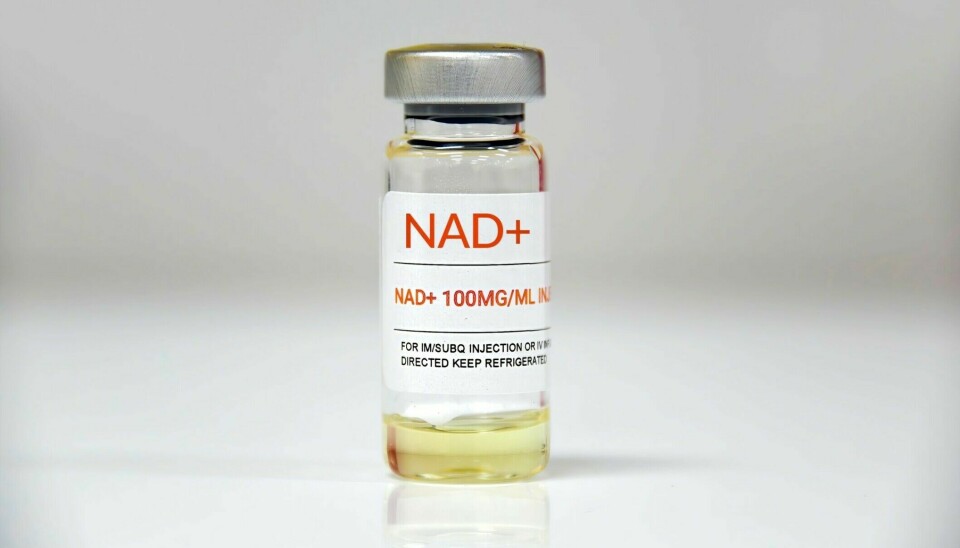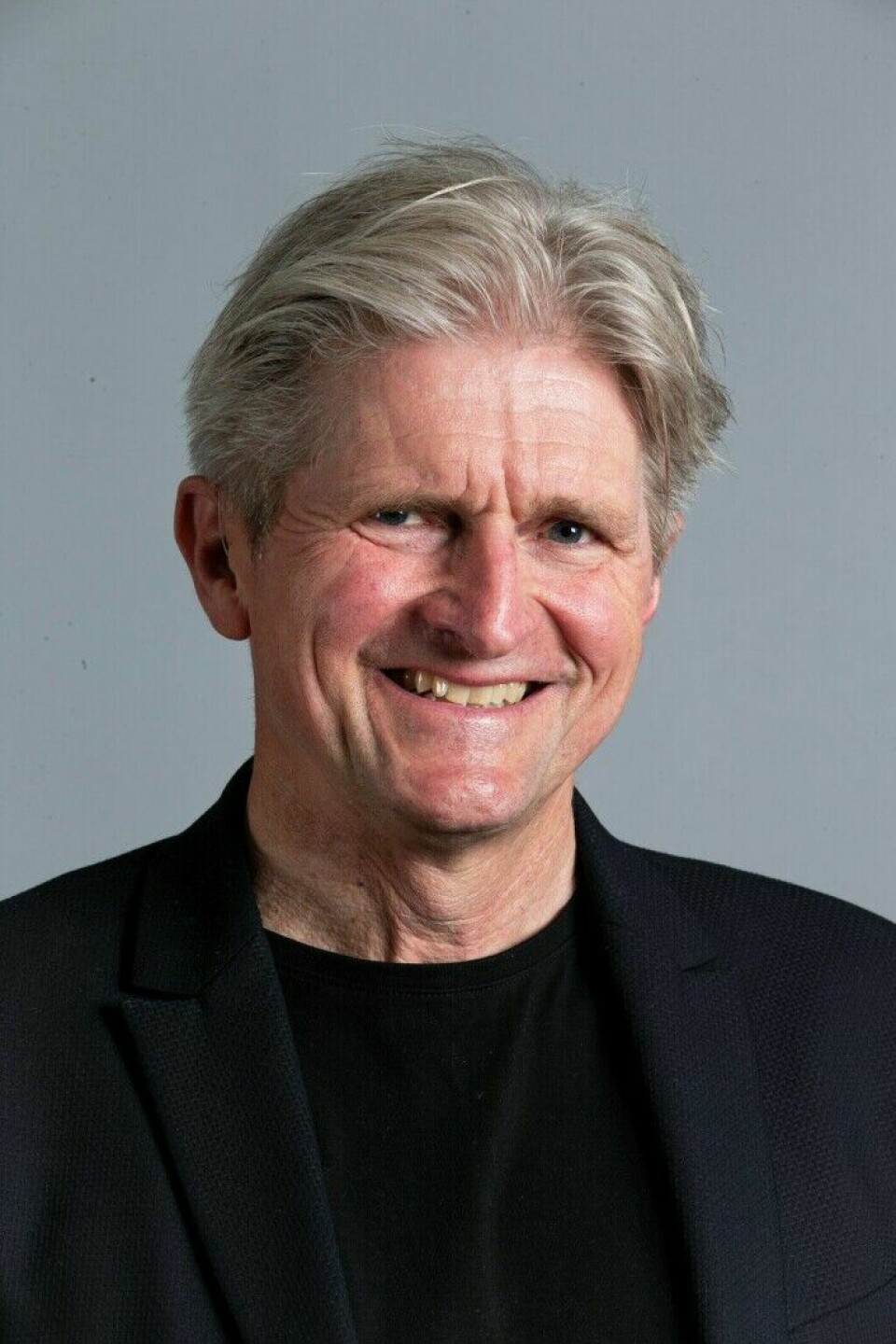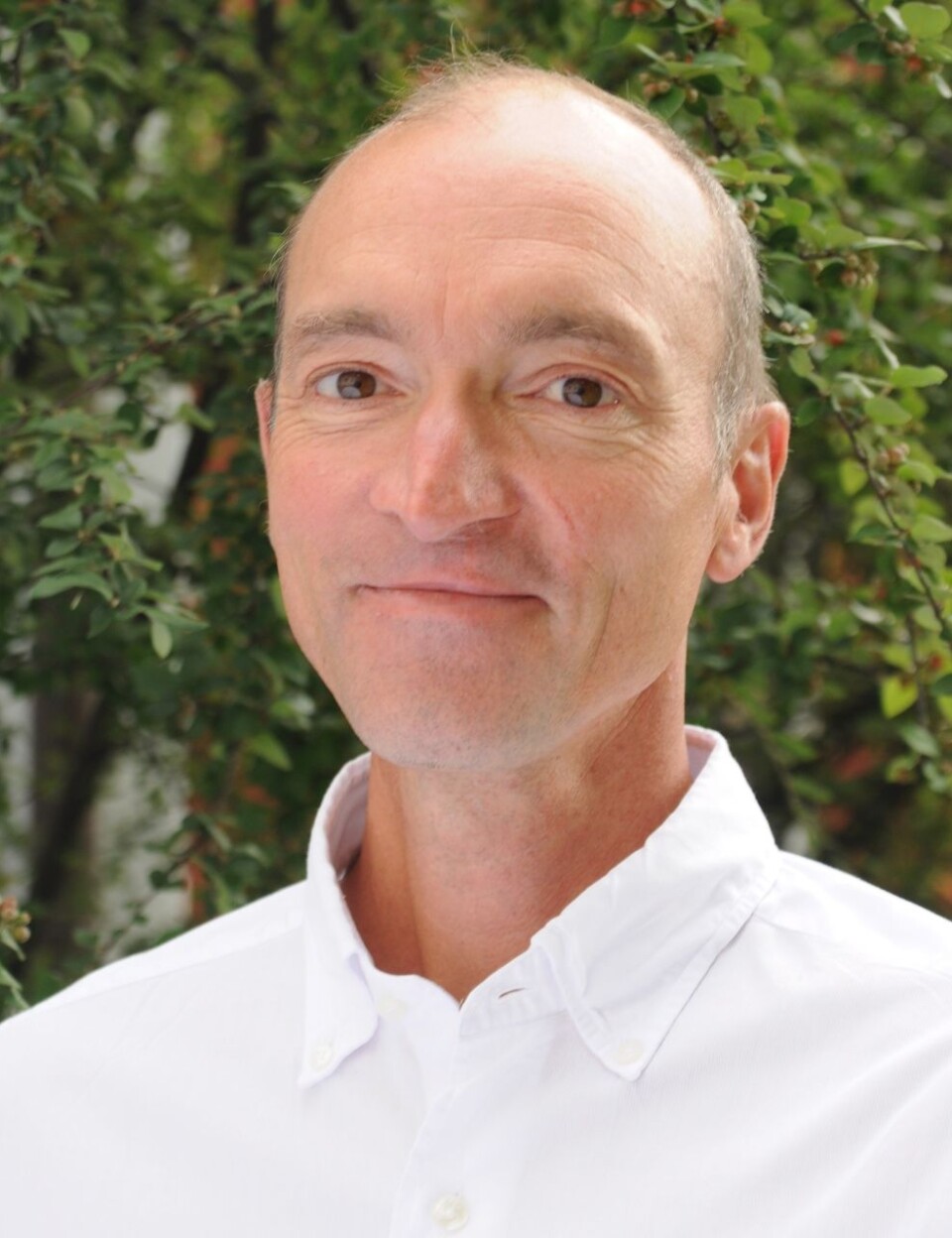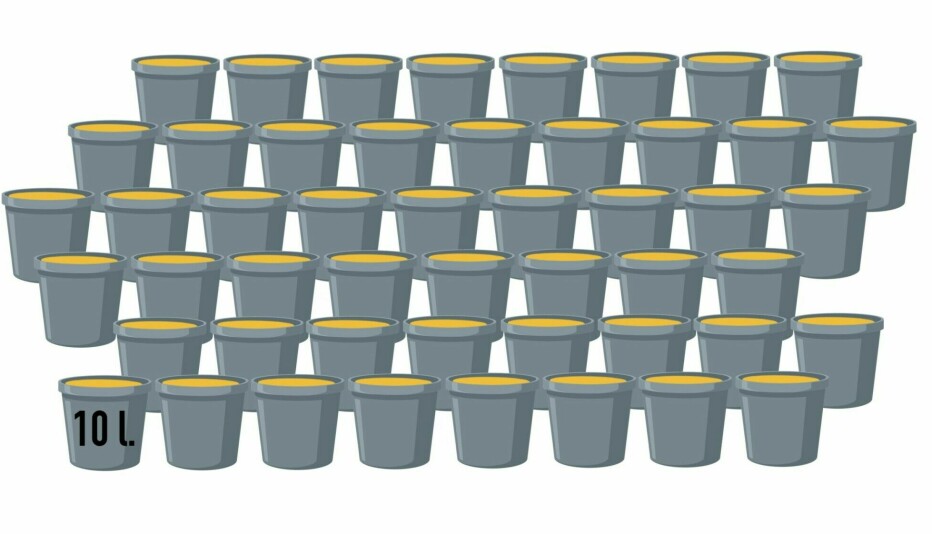
Is it possible to prevent ageing and should we even be pursuing it?
Many more people are getting older. This presents some challenges both for the pension system and our healthcare system. At the same time, scientists are now researching drugs in many places around the world that might enable us to live even longer.
Metformin, Rapamycin, and NAD+.
You should learn these names. You’ll be hearing a lot about them in the future.
Metformin is currently used to treat type 2 diabetes. Rapamycin has been used to treat kidney transplant patients. In recent years, researchers have found that the drugs can slow down ageing processes in animals.
NAD+ is a molecule that is essential for many cellular processes to function as they should. Nicotinamide riboside (NR) is a type of B vitamin sold as a dietary supplement. Researchers have observed that it can increase NAD+ levels in the brain.
Researchers in Norway are now conducting several studies to test NAD+ on diseases that are linked to ageing processes in our cells, such as Parkinson's and Alzheimer's.

Slow down ageing in healthy people
A lot of studies around the world are not stopping at simply investigating whether these substances can slow down disease processes.
Many are also interested in whether they can slow down ageing in healthy people with these drugs.
A common feature of all the substances is that they affect the ageing process at the cellular level in a number of different ways. Stimulating DNA repair in our genetic material is one such example, according to Geir Selbæk.
Selbæk is head of research at the Norwegian National Centre for Ageing and Health, and a professor of geriatrics at the University of Oslo.
Less easy to repair
As we age, more and more errors arise in our genetic material. These errors that occur are not as easily repaired as when we were younger.
The mechanisms that are supposed to repair and keep the genetic material under control simply fail. This makes us vulnerable to ageing and especially diseases linked to ageing processes, ike cancer, dementia, and cardiovascular diseases.
Mostly animal studies
A lot of recent research shows that it is possible to influence this repair process, according to Selbæk.
And this is where the aforementioned Metformin, Rapamycin, and NAD+ come in. They intervene in different parts of around ten central processes that are related to ageing at the cellular level.
“The vast majority of studies on these have been done on animals. It’s far too early to say whether the results on mice and rats can be transferred to humans. And it’s not a given that they could influence ageing, even if they can influence diseases,” Selbæk says.
Betting on the wrong thing
Studies testing NAD+ on patients are now being conducted in Norway.
Hilde Loge Nilsen is a researcher at Oslo University Hospital, who focuses on NAD+. She has recently published the first long-term study on the use of this substance in humans.
“The reason we study ageing mechanisms is that ageing is the most important driver of the most important diseases we have,” she says.

Instead of unilaterally focusing on training more nurses, nursing assistants, and healthcare professionals to take care of sick elderly people, she believes we should work more on slowing down the rate of ageing.
By doing this, we can increase the number of elderly people who are healthy, self-sufficient, and able to contribute to society.
“If we manage to postpone the time to the first heart attack, the first cancer diagnosis, or the first sign of dementia by five to ten years, that would be a huge accomplishment – both for individuals and society,” Nilsen says.
“We don’t want to extend people's lives by 40 years. I don't think we'll get there either, because you'll always have DNA damage that drives the ageing process.”
Nilsen believes that one day we will be able to offer a cocktail that prevents us from getting so many diseases when we are older.
Massive industry forces
Selbæk believes the vast majority of people will cheer if researchers find a treatment for Parkinson's disease or Alzheimer's.
“But a lot of commercial forces are now involved in this research, and they aren’t just thinking of sick patients who need treatment. Many of them see an opportunity to make a lot of money from developing medications that will prolong life and good health in healthy people," he says.
He doesn't believe this drive can be stopped, should anyone wish it.
“It’s a difficult industry. The interest in influencing people’s health, especially if it seems like a ‘quick fix,’ is extremely high,” he says.
Need the commercial forces
By better understanding ageing, we’ll find the key to treating diseases that are more common in the elderly.
Geir Selbæk
Selbæk believes we need the commercial forces.
“It’s good to spend money and resources on researching ageing. By better understanding ageing, we’ll find the key to treating diseases that are more common in the elderly. We might be able to delay the onset of Alzheimer's by understanding the processes that cause brain cells to age faster,” he says.
He believes that many research breakthroughs have occurred as a result of commercial companies entering the field.
There are some positive aspects to commercial interests being involved, given the vast market for anti-ageing solutions. However, Selbæk suggests we should take a moment to consider the implications.
He believes that if we are to invest heavily in extending the lifespan or enhancing the quality of health for individuals, it presents several challenges.
Will we be caught off guard?
Bjørn Hofmann agrees with Selbæk.
Hofmann is a professor at the University of Oslo's Centre for Medical Ethics and has recently written two scientific articles that address the ethical aspects of this research.

He compares what is happening now to what recently happened with ChatGTP, and, earlier, with social media.
We were caught off guard – and Hofmann believes it could happen again.
“Even if anti-ageing drugs don’t come into widespread use at first, they will dramatically change the demographics when they do,” he says.
Fair distribution?
We are already struggling to care for the growing ageing population. What happens when we have large groups of elderly people who live to be more than 100 years old? Hofmann asks.
The ethical questions are lining up, he believes.
“Assuming that these medications can influence ageing, who’ll have access to them? In a scenario where we lack the resources to offer anti-ageing treatments to all, who gets to receive them? It might be wise to ponder these questions now, even though they may become more relavent in the future," Hofmann says.
Five million children die needlessly
Another question revolves around the resources that will be used for this.
We have a cultural tendency to label everything we dislike and can do something about as diseases.
Bjørn Hofmann
It is estimated that five million children die each year from diseases and conditions that could be treated with simple means.
Is it right to provide some people with access to medication so that they can grow older, while others suffer and die from diseases that we could very easily treat?
Limited food resources
If life expectancy were to increase significantly in the coming years, we could face a major resource problem, Hofmann believes.
“Already today, we have limited resources in the form of food on Earth. If we continue to have the same birth rates and many more elderly people, we might end up in a situation where we have to choose: Either you are allowed to reproduce, or you can live to be 120 years old,” he says.
“Who gets to decide this? New political and ethical questions could arise that may be difficult for politicians to deal with. Making these kinds of decisions doesn't exactly win elections.”
Age could become a stigma
If we manage to extend the time we live in good health, that’s a good thing. Without the need to further prolong life, Selbæk believes.
But today’s focus in society on maintaining good health in old age can also have a side effect, he thinks.
“We could easily end up stigmatising people who don’t have good health and think that it has something to do with how they’ve lived or prioritised in their life,” he says.
Most viewed
Not everyone can age successfully
Selbæk is often in the media talking about the importance of lifestyle changes, including to avoid Alzheimer's.
“As of today, NAD+ or other medicines that might work on ageing aren’t anywhere close to what we can achieve by exercising more, being more socially active, and having a better diet,” he says.
However, he notes that this advice faces similar issues of injustice as anti-aging medications might.
“Lifestyle changes are not equally accessible to everyone in society. Some don’t have the same opportunities as others to change their lifestyle, either due to their personality or their finances. What should you do, for example, if you live in a place with a lot of pollution, which we know is a risk factor for Alzheimer's, and you can't afford to move?” Selbæk asks.
Is old age a disease?
Professor David Sinclair heads a laboratory at Harvard University in the United States. Researchers there are working to make the world see ageing as a disease.
He believes that we need to look at the causes of ageing, not just repair the damages that result from it. He writes about this in his book Lifespan: Why We Age – and Why We Don't Have To.
Bjørn Hofmann believes there are many arguments for considering old age to be a disease, since many of the same dysfunctions occur in a number of diseases as well as in ageing.
He adds that, traditionally, old age has been excluded from the category of diseases because it is a universal phenommenon – it happens to everyone.
"Homo sapiens all die around a certain age,” he says.
Happened with infertility
But the moment we find treatment options, it will be easy to turn old age into a disease, Hofmann believes.
“We’ve seen it with other conditions, such as involuntary childlessness. In the past, it was seen as a person’s fate. But once infertility became treatable, it was classified as a disease. We have a cultural tendency to label everything we dislike and can do something about as diseases," he says.
Hofmann believes that just as infertility was linked to a functional impairment, ageing could also be categorised as a disease.
References:
Hofmann, B. Addressing the paradox: Health expansion threatening sustainable healthcare, European Journal of Internal Medicine, vol. 117, 2023. DOI: 10.1016/j.ejim.2023.09.012
Hofmann, B. Does disease incite a stronger moral appeal than health?, BMC Medicine, vol. 21, 2023. DOI: 10.1186/s12916-023-03110-3
———
Translated by Ingrid P. Nuse
Read the Norwegian version of this article at forskning.no

































